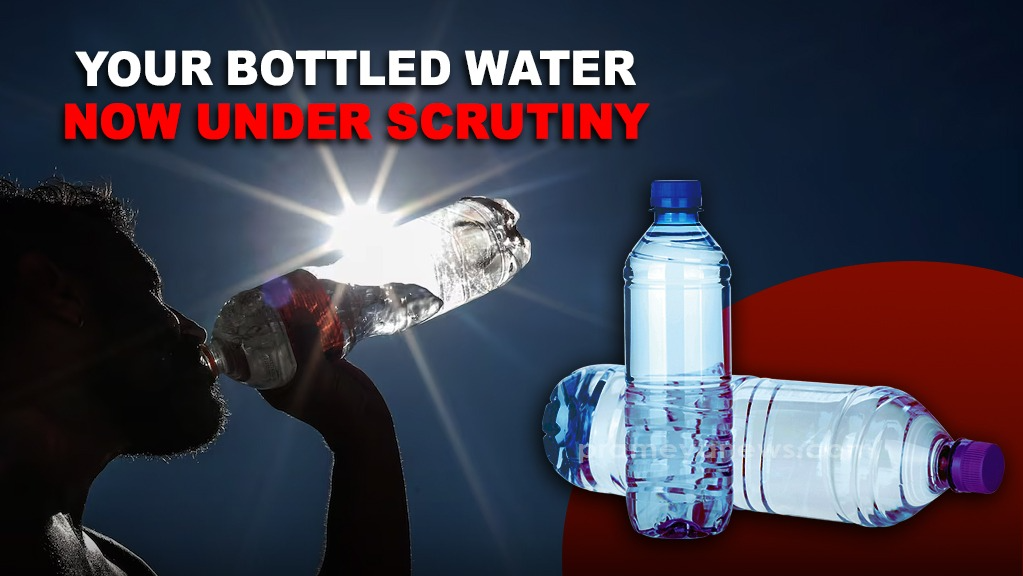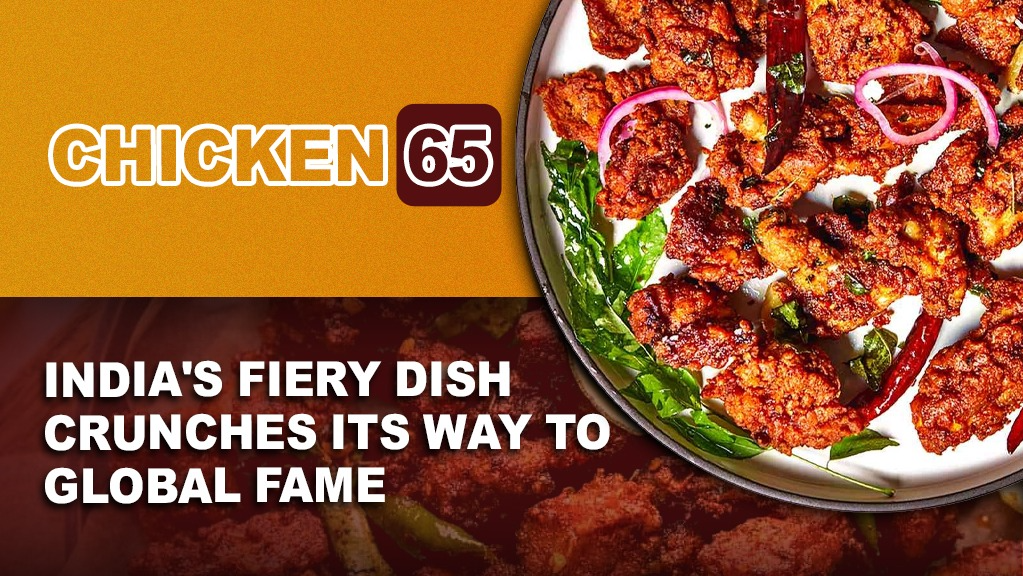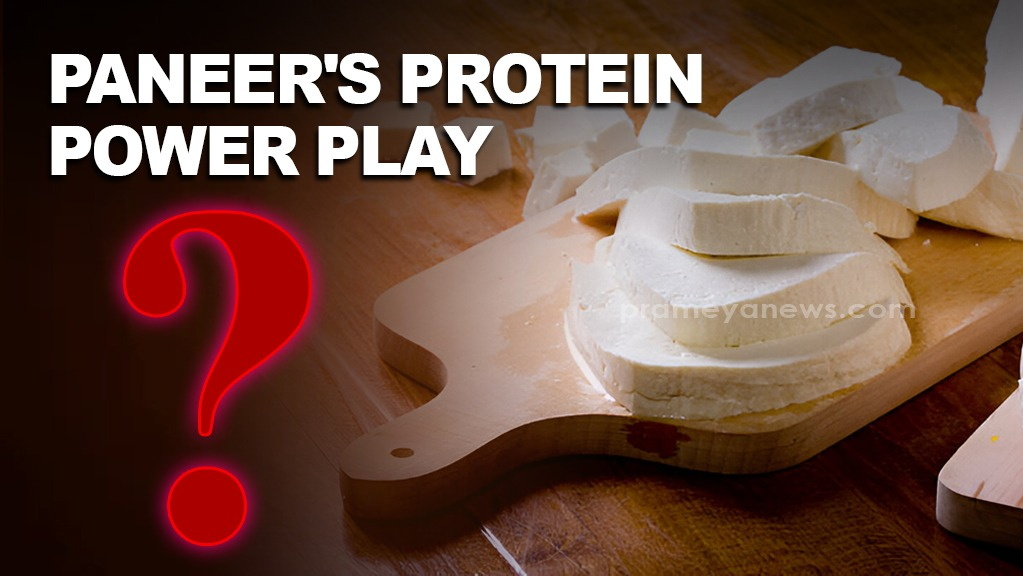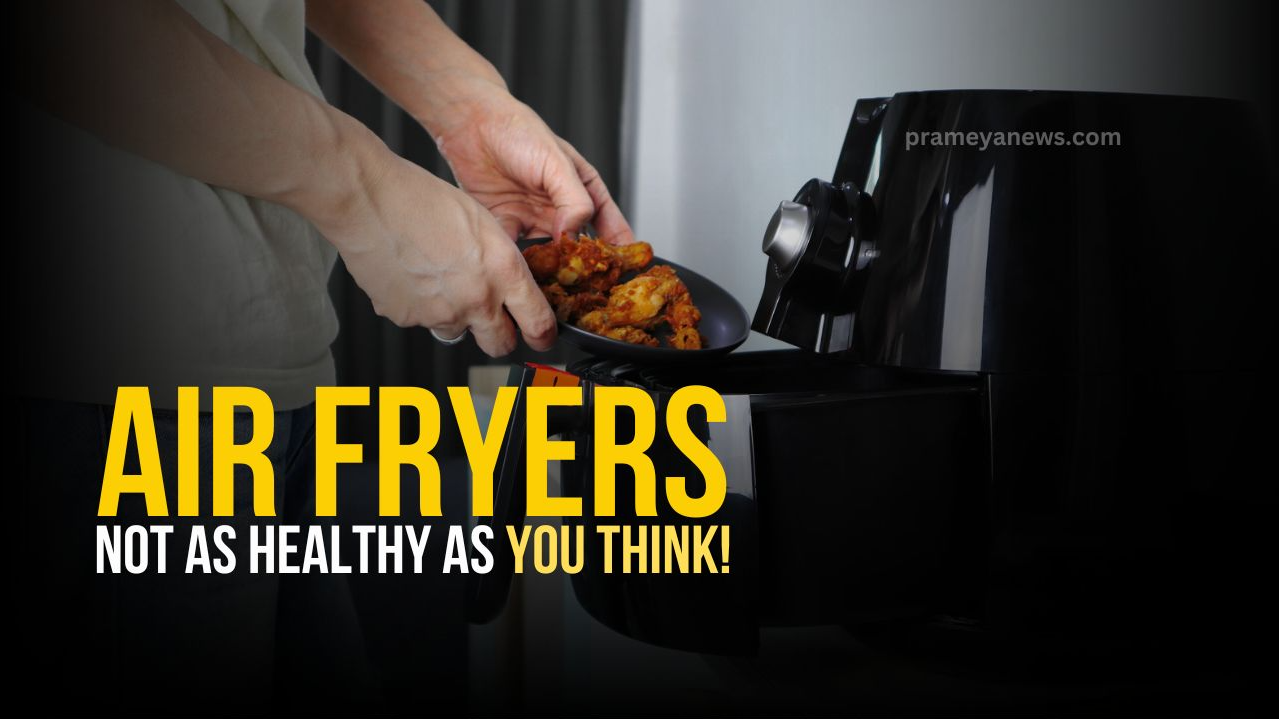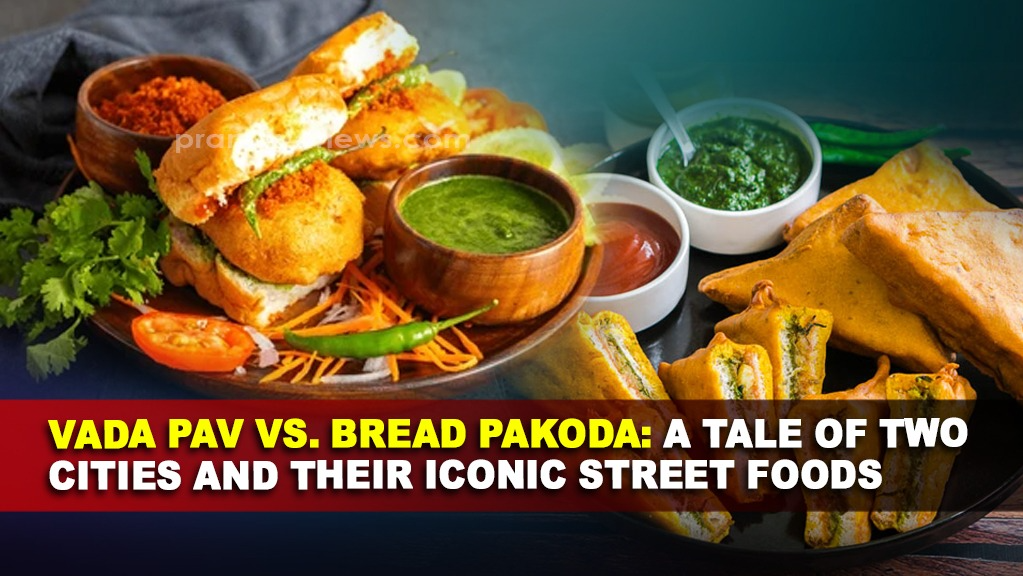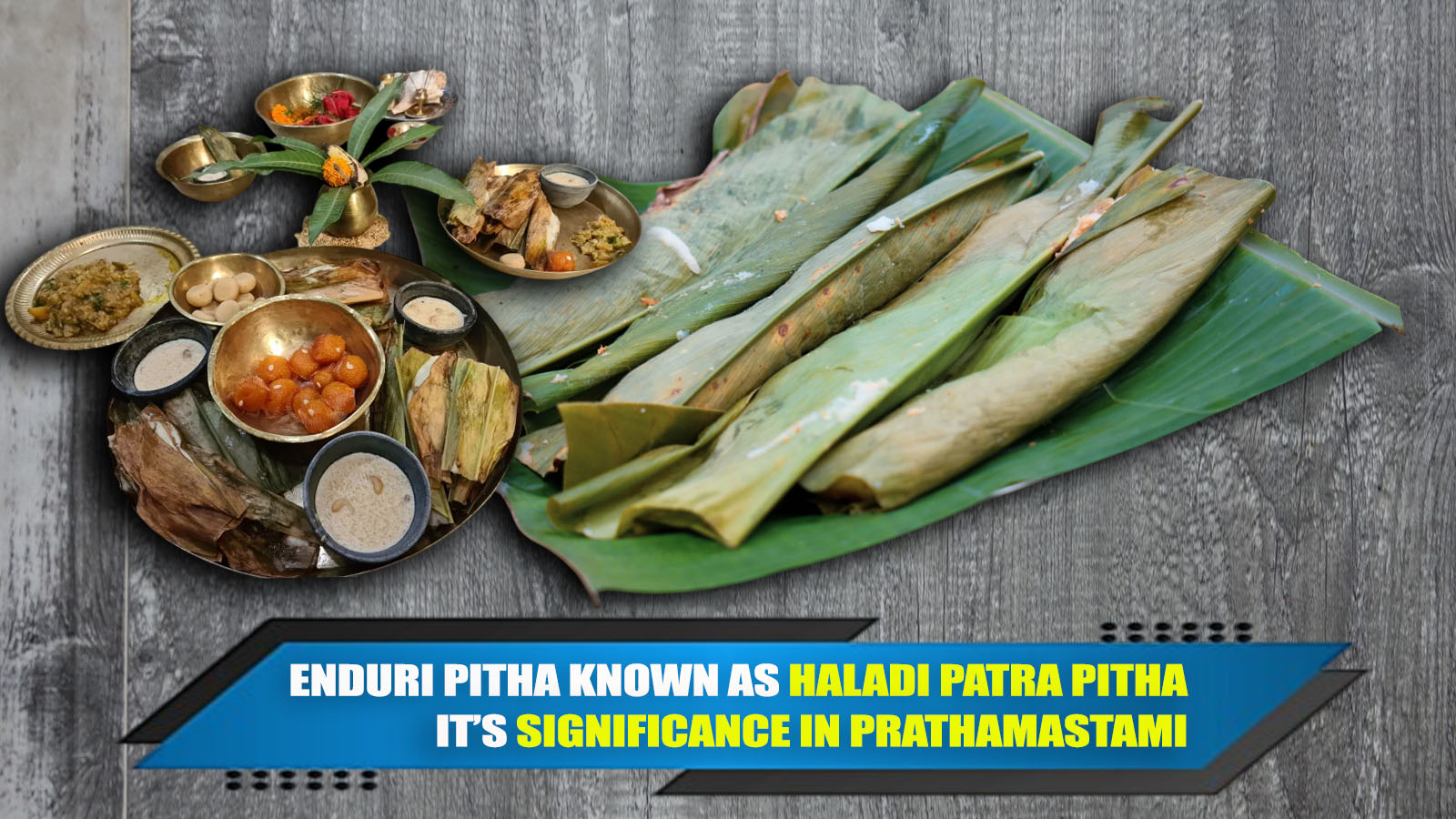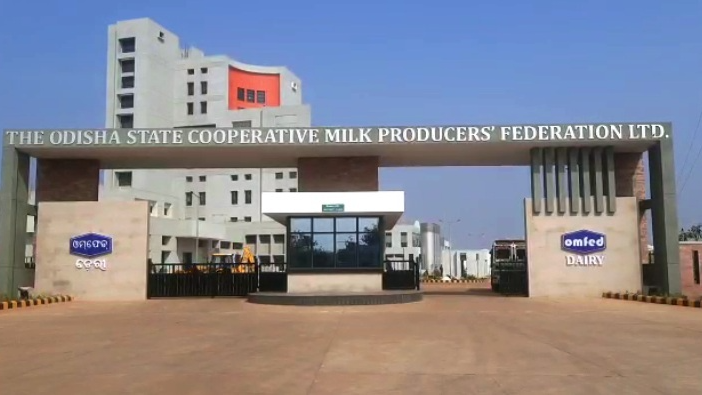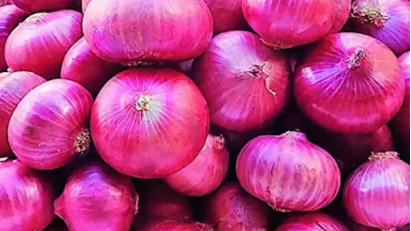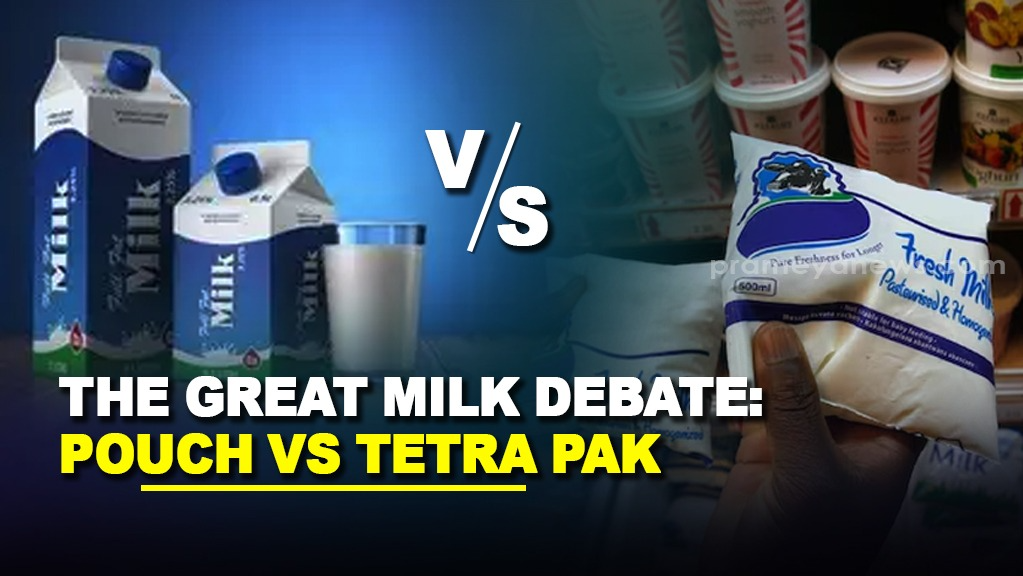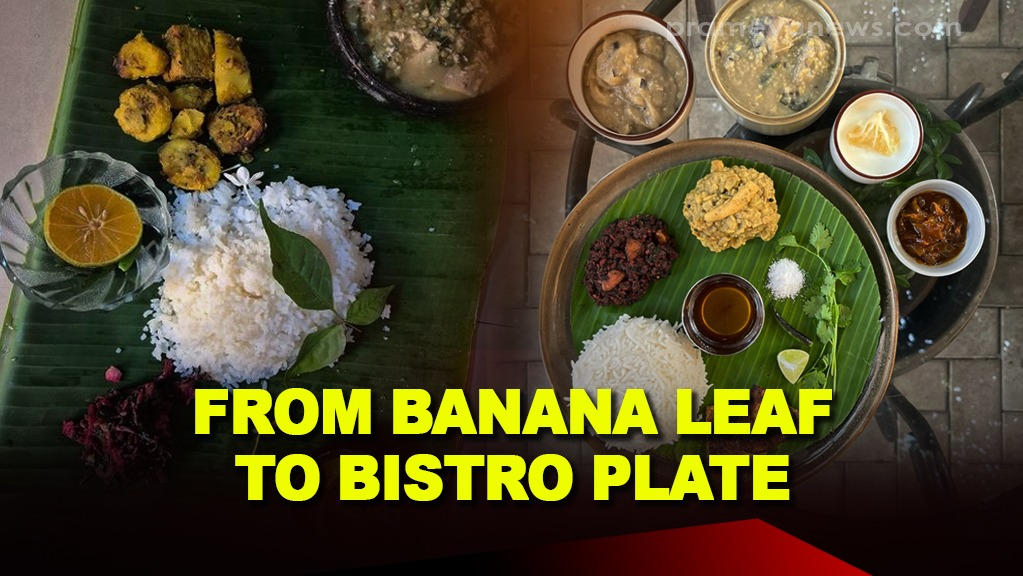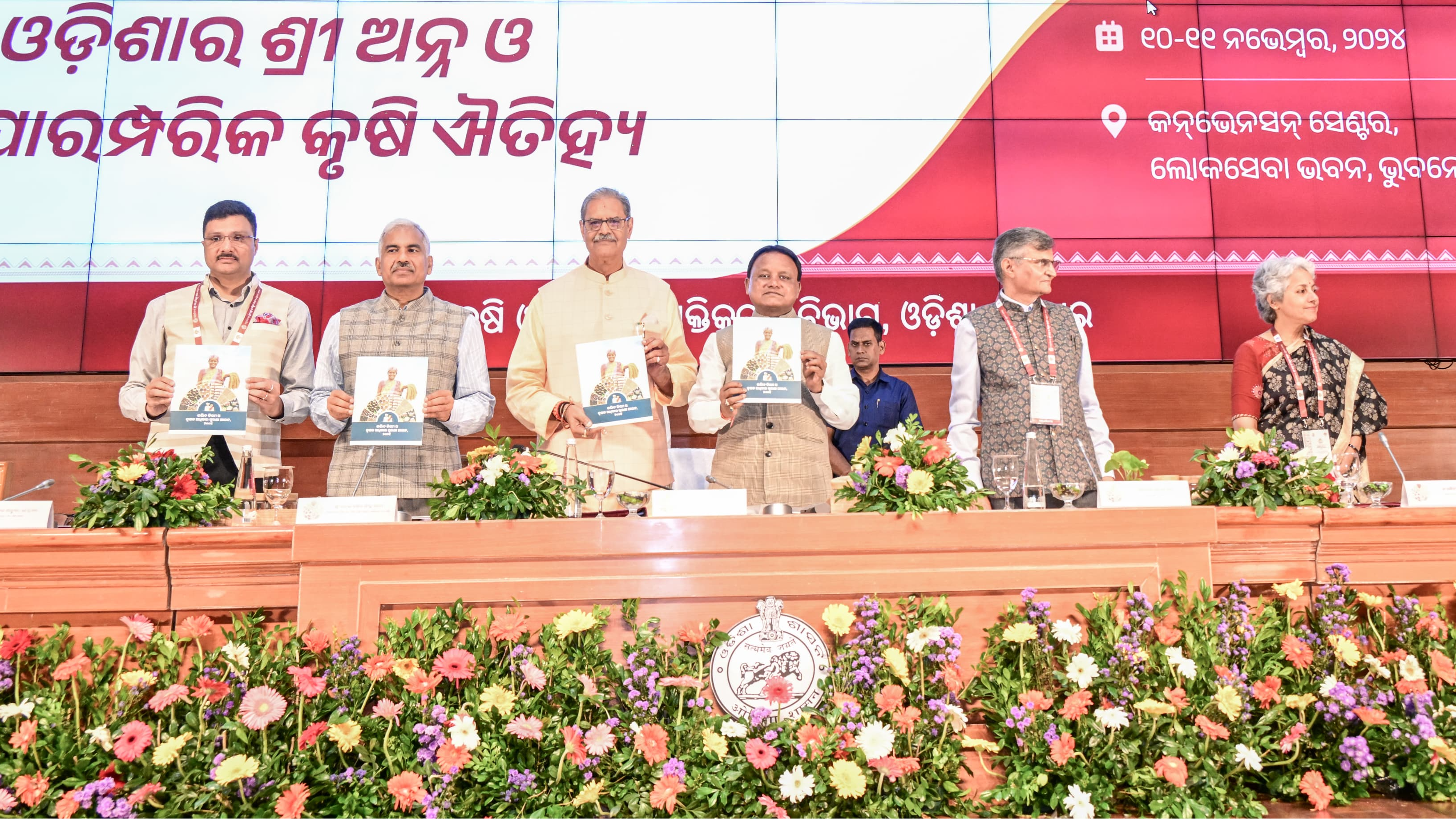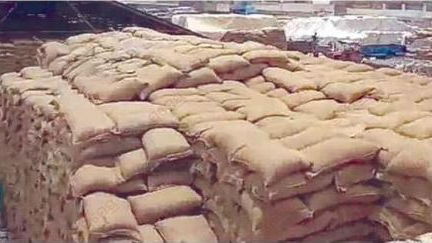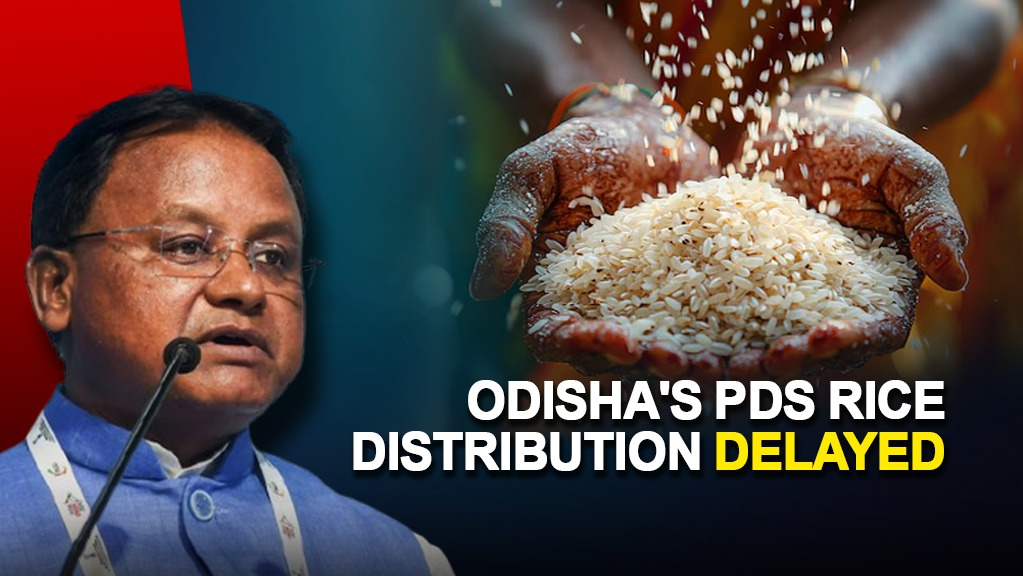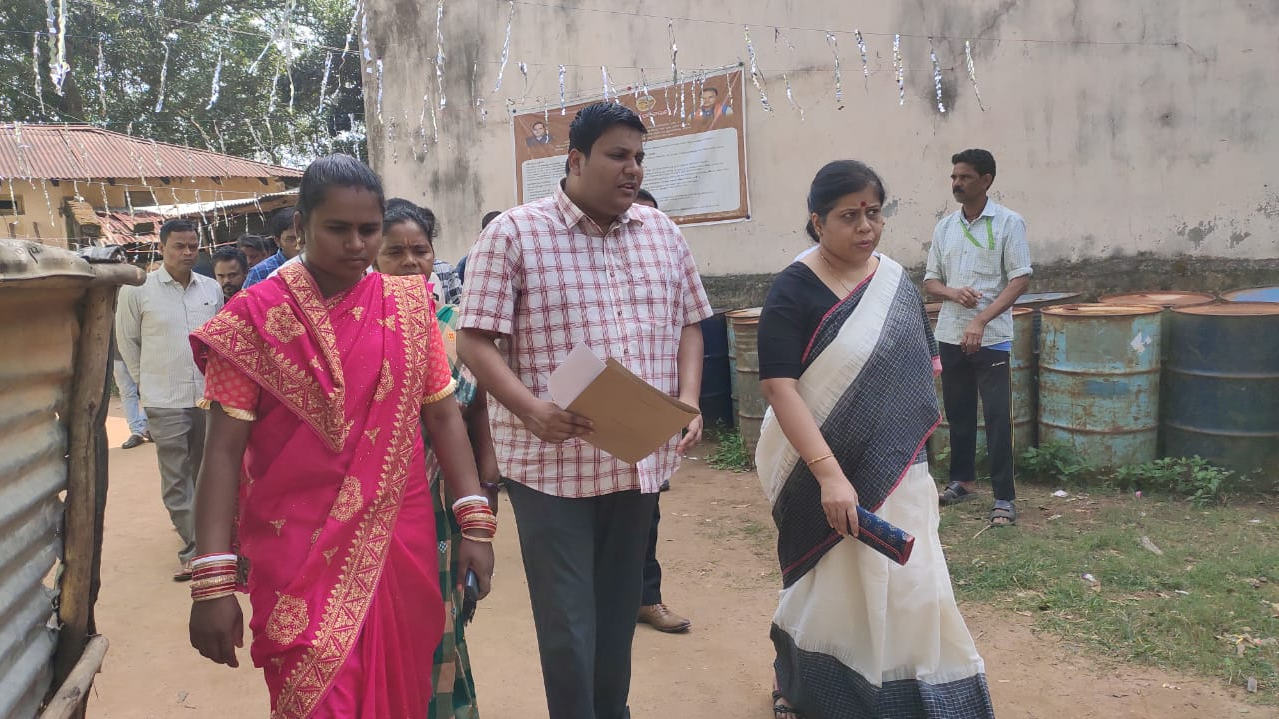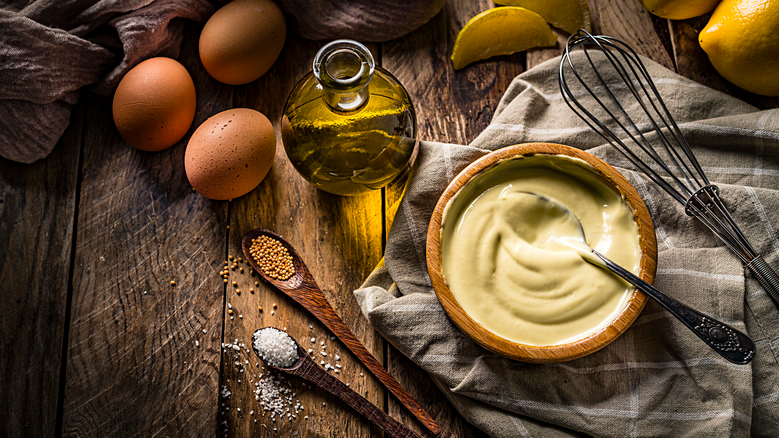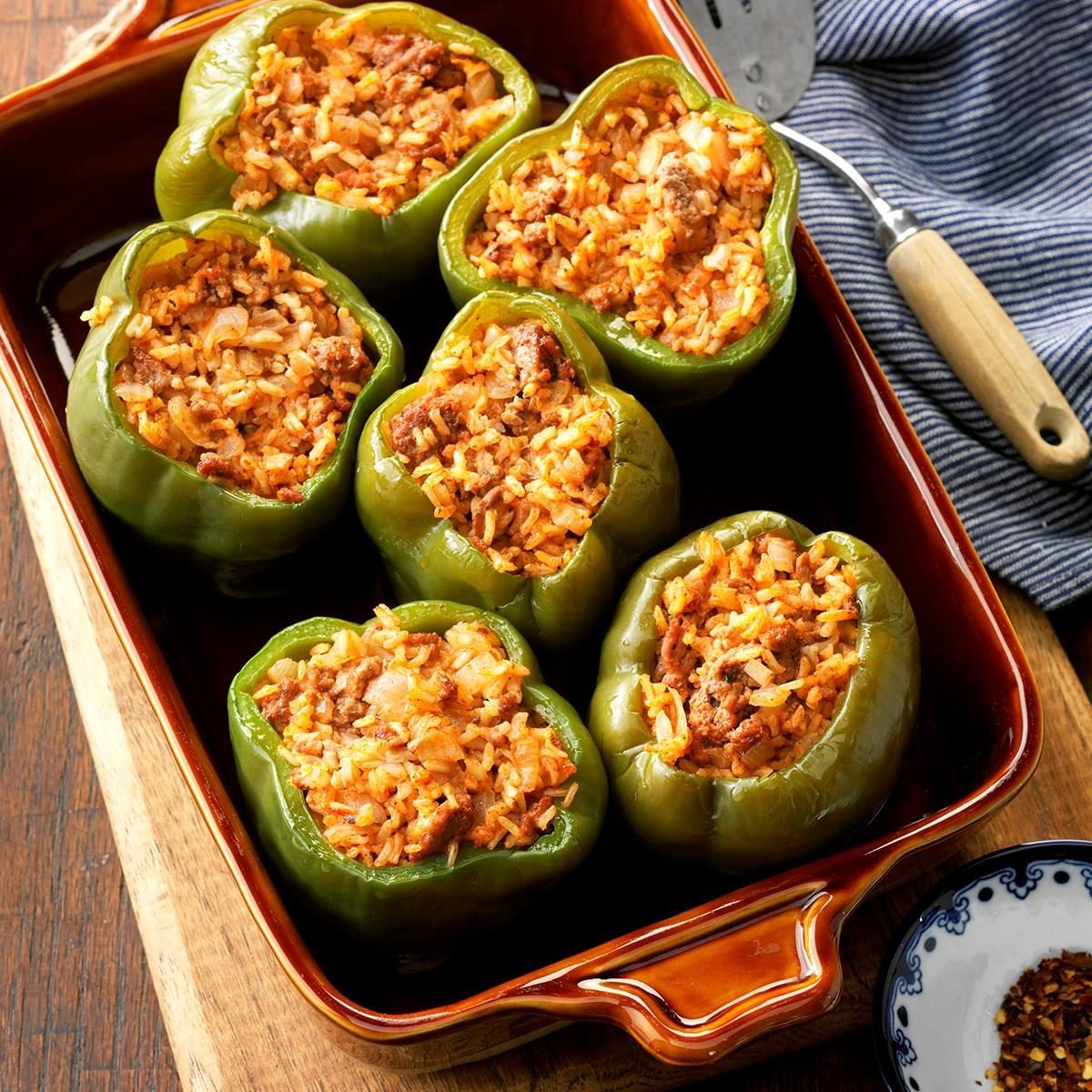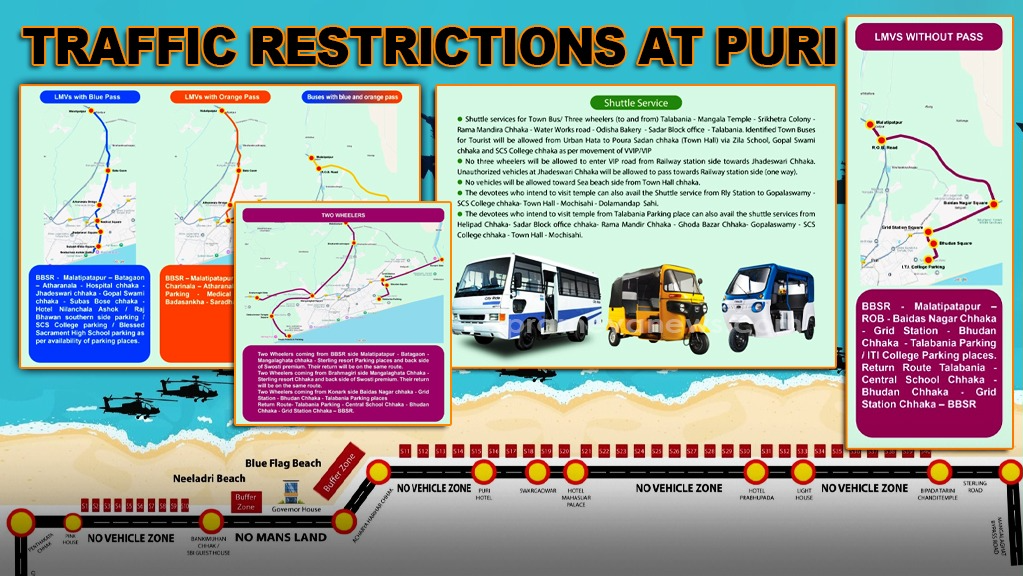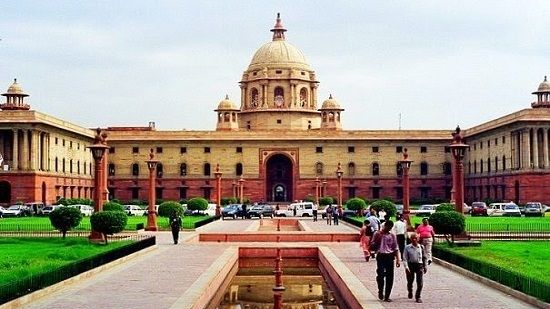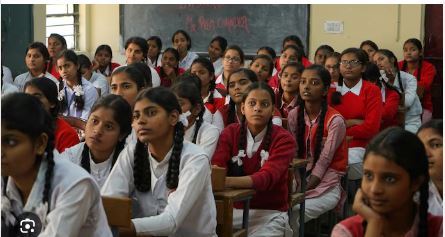Introduction:
Imagine reaching for a bottle of water on a hot day, expecting refreshment, only to find it contaminated. A concerning scenario, right? The Food Safety and Standards Authority of India (FSSAI) has recently classified packaged drinking water as a "high-risk" food category, highlighting the potential dangers lurking in those seemingly innocuous bottles. This move comes amid growing concerns about food safety and hygiene, with recent raids exposing alarming violations in the bottled water industry.
High-Risk: What does it mean?
"High-risk" foods, as defined by the FSSAI, are those susceptible to contamination, improper storage, or mishandling, increasing the risk of food borne illnesses. Think raw meat, seafood, dairy products – and now, packaged drinking water. This new classification subjects bottled water to stricter regulations and surveillance, including mandatory risk inspections and annual third-party audits for manufacturers.
Why the increased scrutiny?
The FSSAI's decision follows the removal of mandatory Bureau of Indian Standards (BIS) certification for certain products, including packaged drinking water. This removal created a potential regulatory gap, prompting the FSSAI to step in and enhance safety measures. Recent raids have exposed the vulnerability of the bottled water industry to malpractice.
Examples of violations:
November 16th, Chandrayanagutta: A raid on a water plant revealed improper filtration practices, leading to the seizure of 6,528 bottles.
November 14th, Kacheguda: Authorities raided K2 King Aqua and Beverages, seizing 19,268 liters of counterfeit packaged water. These bottles, falsely branded as popular brands like Bisleri and Kinley, had significantly lower than the prescribed TDS (Total Dissolved Solids) level of 75 mg/L.



